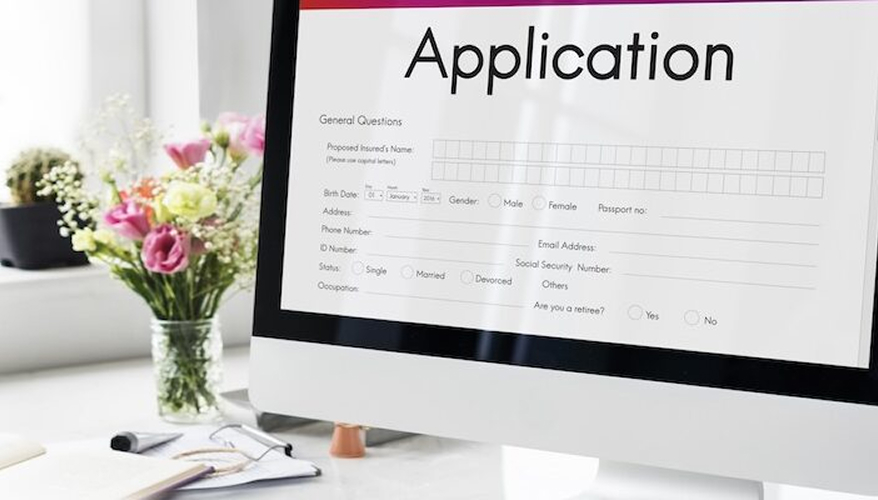Are you considering relocating to Singapore on a work pass? As one of the world’s most prosperous and modern cities, it is no wonder that many people dream of starting a life in this Southeast Asian metropolis.
Singapore offers unparalleled standards of cleanliness, safety and excellent education and healthcare systems, making it an attractive destination for those looking to settle down. However, while the city-state boasts numerous advantages, it also has a high cost of living.
Due to its booming economy and limited land availability, the cost of goods and services in Singapore is higher than in other Southeast Asian countries. In this article, we will delve into the various expenses that come with living in Singapore, such as housing, food, transportation, and other essentials, to help you make an informed decision about moving to this dynamic city.
Why Is The Cost Of Living So High In Singapore?
The cost of living in Singapore is often cited as one of the highest in the world. There are several factors that contribute to this. Firstly, Singapore is a small island city-state with limited land resources, which means that the cost of land and property has to be high. This high cost of property ownership translates to higher rental costs for businesses, which in turn affects the prices of goods and services.
Singapore relies heavily on imported goods and raw materials as it has limited natural resources. As a result, the country is vulnerable to fluctuations in global commodity prices, which can hamper the cost of goods and services.
The country has a highly skilled and well-educated workforce, which means that wages and salaries are generally higher compared to other countries in the region. This, in turn, contributes to the higher cost of goods and services as businesses need to pay their employees higher salaries to attract and retain talent.
Additionally, Singapore boasts a high standard of living and provides excellent infrastructure, public transport, healthcare, and education services. While these amenities come at a cost, they do contribute to the high quality of life that Singapore offers to its residents.
Basic Living Costs in Singapore
Accommodation
Accommodation is one of the biggest expenses in Singapore, and it can eat up a significant portion of your budget. The high demand for housing has driven up prices significantly over the years. The cost of renting an apartment in Singapore depends on several factors, including location, size, and age of the building. If you want to live in the city centre, expect to pay more than if you were to live in the suburbs.
The average rent for a one-bedroom apartment in the city centre is SGD 2,600 per month, while a three-bedroom apartment in the same location can cost up to SGD 6,500 per month. If you are on a tight budget, you can opt for public housing as the rentals are slightly lower compared to private condominiums.
Buying a house in Singapore is also expensive, especially if you are a foreigner. According to data from the Department of Statistics, the median resale price of a non-landed private residential property in Singapore is SGD1.35 million. But as a foreigner, you need to pay an additional buyer’s stamp duty (ABSD), which is charged at 30% of your property price or valuation, whichever is higher.
Food
Singapore is a food lover’s paradise, with a diverse range of cuisines available at every price point. Hawker centres are a popular option for budget-friendly meals, with dishes starting from as low as SGD 3. If you prefer to dine in a restaurant, expect to pay around SGD 15 per person for a basic meal. However, if you want to indulge in fine dining, prices can easily exceed SGD 100 per person. Groceries are also expensive, with the cost of a litre of milk being around SGD3.15 and a loaf of bread costing around SGD2.20.
Transport
Singapore has an efficient public transport system that consists of buses, trains, and taxis. The Mass Rapid Transit (MRT) is a popular mode of transportation as it is cheap and fast. A single trip on the MRT can cost as little as SGD 0.83, while according to the Land Transport Authority, the average monthly cost of a public transport pass for unlimited travel on buses and trains is around SGD120.
Taxis and ride-hailing services are also widely available, but they are more expensive than public transport. The starting fare for a taxi is SGD 3.20, and the average cost of a 10 km ride is SGD 10.
Owning a car in Singapore is even more expensive, with the cost of a certificate of entitlement (COE), which is required for one to own a car in Singapore, around SGD 88,000 in March 2023 for a Cat A car.
Healthcare
The country has one of the highest healthcare costs in the world. According to a report by the International Federation of Health Plans, Singapore has the third-highest average cost per day for hospitalisation among the countries surveyed, behind the United States and Switzerland. While public healthcare is available and heavily subsidised by the government for the citizens and PRs, the cost of private healthcare can be pretty high.
While most employers offer basic insurance coverage to their employees and their families, taking an add-on health insurance is recommended. However, the cost of health insurance can also be high, with premiums ranging from SGD 1,000 to SGD 5,000 per year.
Utilities
Utilities such as electricity, water, and gas are essential expenses that can add up quickly. The cost of utilities in Singapore varies depending on your usage, but the average cost for a family of four is around SGD 200 per month. Internet and mobile phone plans are also relatively expensive, with prices starting from SGD 25 per month for basic packages.
Entertainment
Singapore offers a wide range of entertainment options, including shopping, dining, and cultural events. However, these activities can be expensive, ranging from SGD 10 to SGD 50 or more. Movie tickets, for example, can cost between SGD 10 and SGD 15 per person, while tickets to popular attractions like the Singapore Zoo and Universal Studios can cost upwards of SGD 70 per person.
Conclusion
While Singapore may be one of the most expensive places to live in, it also offers a high standard of living, excellent healthcare, and a booming economy. However, the high cost of living can be a barrier for many, particularly low-income families and individuals. Therefore, it is essential to carefully consider the cost of living in Singapore before deciding to move to or work in the country.
Despite the high cost of living, Singapore’s economy is thriving, with a high per capita GDP and a low unemployment rate. The country’s economy relies heavily on trade, with exports accounting for around 173% of the GDP. The government also offers a range of subsidies and schemes to help its citizens cope with the high cost of living, such as the Workfare Income Supplement Scheme and the Goods and Services Tax Voucher Scheme.
So, if you plan to move to Singapore or have lived here for over six months, you should consider applying for a Singapore PR (SPR). It would help you mitigate the high costs and live a more comfortable life. Speak to an immigration consultant today to understand the requirements and process of applying for an SPR.






